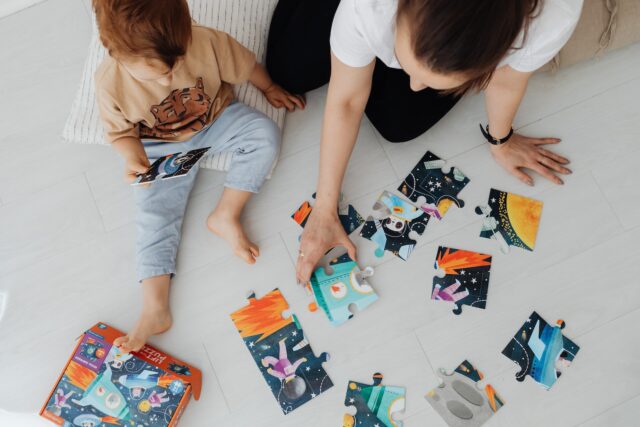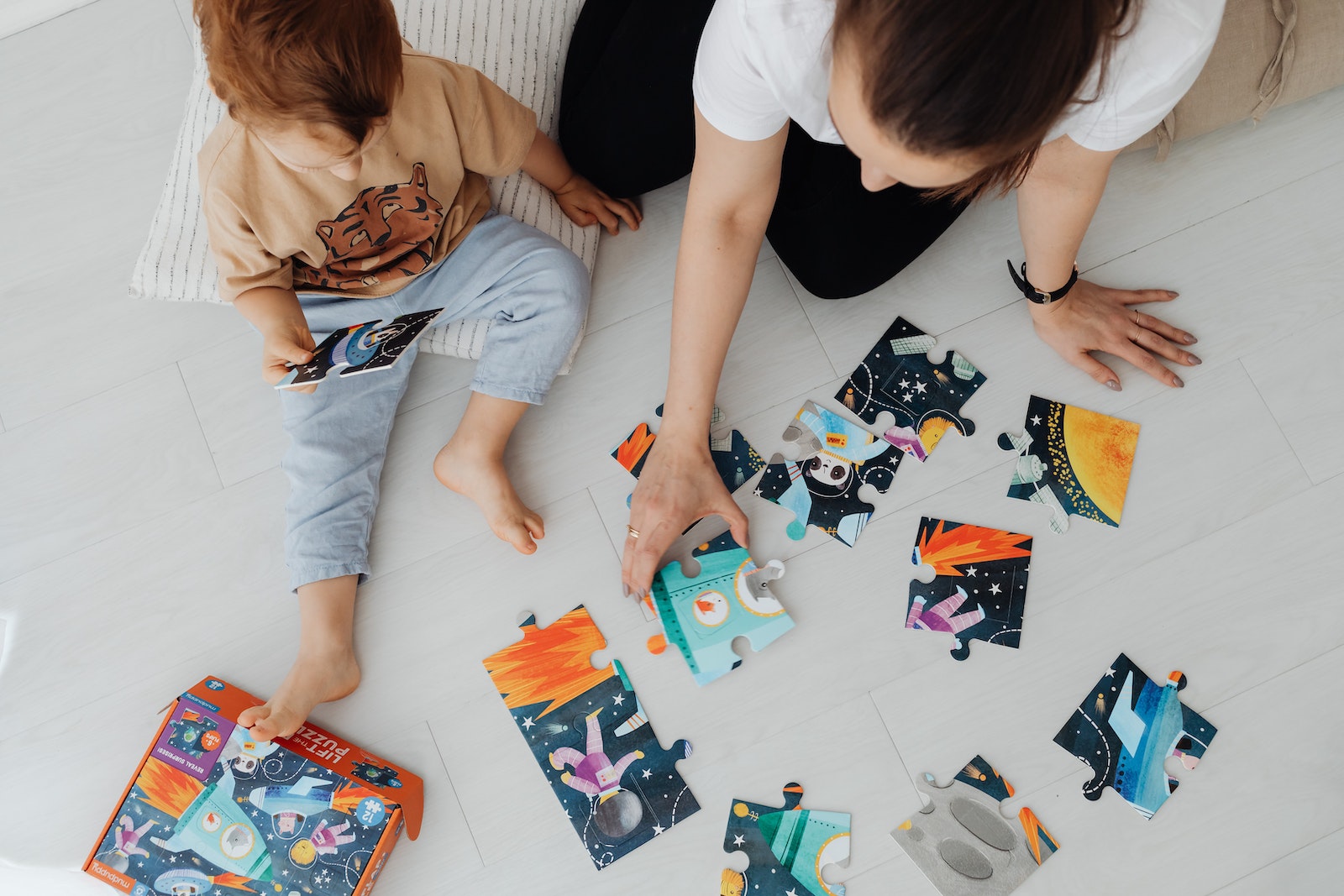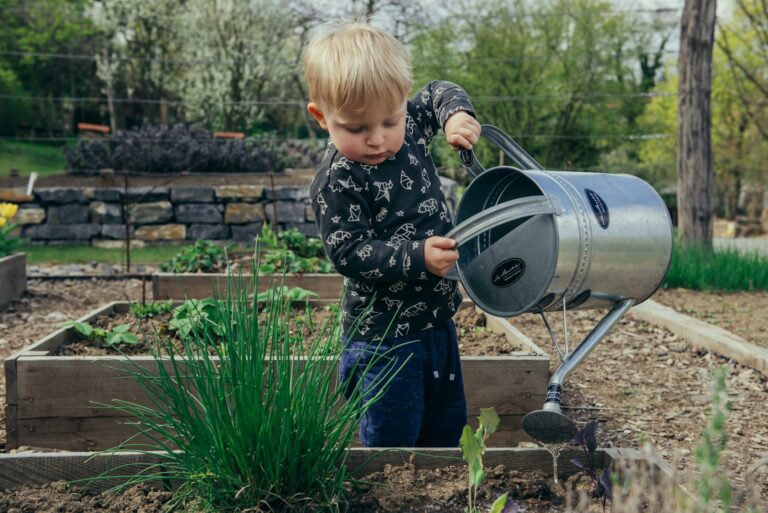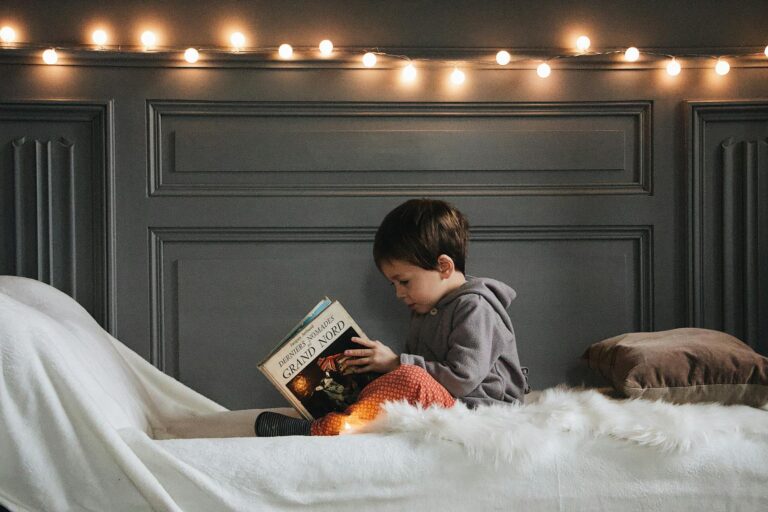7 Great Benefits of Puzzles for Little Children
Our family loves puzzles, almost any kind of puzzle. From jigsaw puzzles to finding hidden objects, we love them all. Playing with puzzles is one of our favorite indoor family activities; our three-year-old son loves it. We started puzzle game night when my little boy turned 18 months old. We were skeptical because of his short attention span. However, to our surprise, he enjoyed it. We spent about 30 minutes showing him how to put together his first 24 pieces jigsaw puzzle. You might wonder why we started with such a huge number of pieces for an 18-month-old. The answer is simply because that was all we had at hand at that moment. But he loved his duckling jigsaw puzzle, and that was all it was matter to us.
We started playing puzzles together because we (the parents) love puzzles, so it came to us as a fun activity. One day, one of my friends asked me what the benefits of playing puzzles are and why my family loves this activity so much. Interesting question, I thought to myself. Thus, I started doing research on the benefits puzzles have to offer to my little growing kids. There are many, but I want to share with you the seven great benefits that puzzles offer.

7 Great Benefits of Puzzles for Little Children
- Increase concentration. Puzzles take time to complete, allowing children to extend their “working” period.
- Boost shape recognition. Puzzles come in all shapes and sizes. Playing with puzzles provides children a chance to master their shape recognition.
- Improve fine motor skills. Puzzles (especially jigsaw puzzles) require good fine motor skills to complete since the pieces are small and need to be put together in specific ways. The more your children play with puzzles, the more they can practice and improve their fine motor skills.
- Promote hand-eye coordination. Puzzles require good hand-eye coordination since children need to look, analyze and put together the pieces. Thus, it is a great activity to increase children’s hand-eye coordination.
- Stimulate color differentiation. Some puzzles (like jigsaw puzzles) require the ability to distinguish colors. Playing with these types of puzzles will help children improve their color differentiation skills.
- Boost visual memory. Playing with puzzles helps stimulate both sides of your child’s brain. The different shapes, sizes, and patterns encourage visualization and improve short-term memories.
- Foster problem-solving skills. Solving puzzles promotes logical thinking, which is a very important foundation for your children to develop problem-solving skills.
Closing Words
Above are the benefits of puzzles for little children. Depending on your child’s interest, different types of puzzles can be used for this activity. Even though you should encourage puzzle activities, don’t force the matter. In the end, your children will learn a lot through what they enjoy doing, and there are many other activities that can help boost your children’s development. As mentioned above, we started our family puzzle nights simply because it was fun for us! Comment to let me know your favorite type of puzzle and your favorite family activity!







